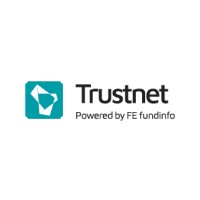By James Carthew, QuotedData, 20 August 2024:
The 0.25% reduction in the Bank of England base rate on 31 July may not sound much but it marked the first interest rate cut in four years and signalled that the UK’s bout of elevated inflation that began in April 2021 was finally under control.
A lot of funds were impacted by inflation and rising interest rates. However, the most directly affected were funds investing in debt. Almost all of the investment companies that make loans direct to businesses are now in wind-up mode. There has also been consolidation amongst those investing in loans and bonds.
The main problem was that, if you make a loan at an interest rate that reflects market rates of interest at the time, and then market rates of interest start to rise, your loan no longer looks as attractive as it did..
However, while NAV returns at companies such as GCP Asset Backed Income or RM Infrastructure Income were modest, they were at least positive.
BioPharma Credit, which is the largest company in that sector, ran into problems with one borrower but neatly illustrated how having good loan security (rights to assets backing up the loan) meant that even in such cases the hit could be minimal..
Now, with rates falling, there should be some upward pressure on NAVs but there could be some downward pressure on revenue accounts, and for some of these companies, on dividends. Those that made more modest dividend increases, such as CQS New City High Yield, may be better able to cope.
There is an alternative. Henderson High Income yields 6.4% derived from a blend of UK equities and global bonds, and has a track record of increasing its dividend every year for the past 11 years.
It absorbed Henderson Diversified Income, one of the loan and bond trusts, after that trust’s discount widened in the wake of the interest rate rises – and now has a market cap of £280m.
Read more here
